Working group towards a better understanding of fish contribution to carbon flux - PI: Grace Saba (Rutgers University)
Objective: We will begin to tackle the issue of the carbon flux contribution from upper trophic levels. This contribution is completely ignored in present-day carbon budgets and is likely significant due to high abundances of fish in certain regions (i.e., coastal zones, mesopelagic) and previous documentation of high fish contribution to total carbon flux. Products of the working group meeting will include: 1) a review paper on fish carbon flux with a concluding section on research priorities identified during the meeting; and 2) a science plan for submission of collaborative proposals to funding agencies to expand our knowledge of fish contribution to carbon flux, ranging from single-species laboratory experiments to incorporating fish carbon estimates into regional and global biogeochemical models.
Goals:
View the workshop summary or download PDF
Saba, G.K., Burd, A.B., Dunne, J.P., Hernández‐León, S., Martin, A.H., Rose, K.A., Salisbury, J., Steinberg, D.K., Trueman, C.N., Wilson, R.W. and Wilson, S.E. (2021), Toward a better understanding of fish‐based contribution to ocean carbon flux. Limnol Oceanogr. https://doi.org/10.1002/lno.11709
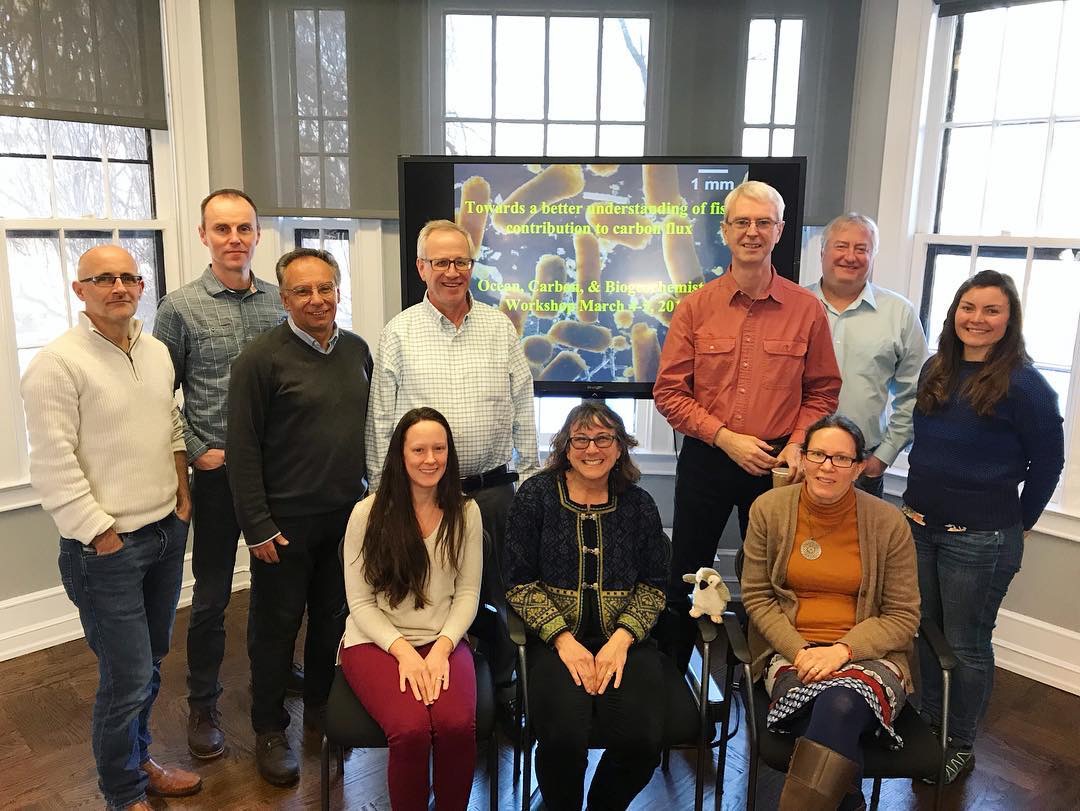
This workshop, held March 4-5, 2019 at Rutgers University, was attended by 14 researchers from 11 different institutions. The workshop focused on synthesizing the existing research on fish carbon flux, discussing challenges in measuring fish carbon flux, and determining approaches for estimating fish contribution to carbon flux on variable scales. Presentations and discussions were specifically targeted toward best approaches for determining: fish biomass on regional and global scales, relative amounts of carbon forms produced from fish (i.e., release of sinking fecal pellets, excretion of particulate inorganic carbon and dissolved organic carbon, respiration of carbon dioxide), and carbon flux estimates from fish biomass (i.e., bioenergetics, size-based allometric relationships, stable isotopes). Planned products resulting from this workshop and ongoing working group efforts include two peer-reviewed manuscripts focused on the synthesis of fish carbon flux research and a quantitative analysis of fish carbon flux.
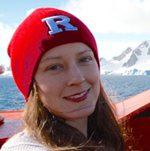
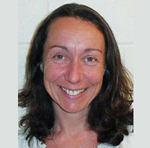
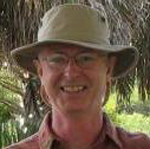
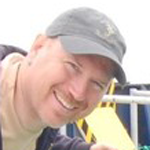
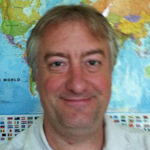
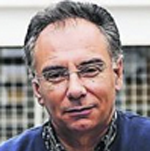
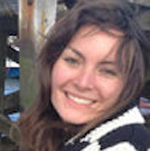

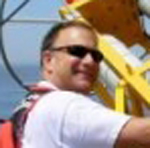
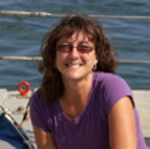
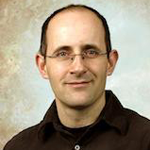
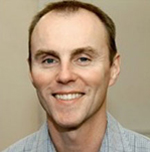
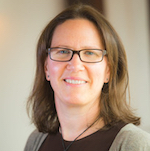
Grace Saba (Lead) - Rutgers University
Nicola Beaumont - Plymouth Marine Laboratory
Adrian Burd - University of Georgia
Peter Davison - Farallon Institute
John Dunne - NOAA GFDL
Santiago Hernández-León - Institute of Oceanography and Global Change
Angela Martin - University of Agder
Kenneth Rose - UMCES
Joe Salisbury - University of New Hampshire
Deborah Steinberg - VIMS
Clive Trueman - National Oceanography Centre Southampton
Rod Wilson - University of Exeter
Stephanie Wilson - Bangor University
Burd, A.B., A. Buchan, M. Church, M. Landry, A. McDonnell, U. Passow, D. Steinberg, H. Benway. Towards a transformative understanding of the biology of the ocean’s biological pump: Priorities for future research. Report of the NSF Biology of the Biological Pump Workshop, February 19–20, 2016 (Hyatt Place New Orleans, New Orleans, LA), 67 pp., DOI:10.1575/1912/8263.
Honjo, S., T.I. Eglinton, C.D. Taylor, K.M. Ulmer, S.M. Sievert, A. Bracher, C.R. German, V. Edgcomb, R. Francois, M.D. Iglesias-Rodriguez, B. van Mooy, and D.J. Repeta. 2014. Understanding the role of the biological pump in the global carbon cycle: An imperative for ocean science. Oceanography 27(3):10–16, http://dx.doi.org/10.5670/oceanog.2014.78.
Saba, G.K. & Steinberg, D.K. Abundance, Composition, and Sinking Rates of Fish Fecal Pellets in the Santa Barbara Channel. Sci. Rep. 2,716; DOI:10.1038/srep00716 (2012).
Siegel DA, Buesseler KO, Behrenfeld MJ, Benitez-Nelson CR, Boss E, Brzezinski MA, Burd A, Carlson CA, D’Asaro EA, Doney SC, Perry MJ, Stanley RHR and Steinberg DK (2016) Prediction of the Export and Fate of Global Ocean Net Primary Production: The EXPORTS Science Plan. Front. Mar. Sci. 3:22. doi: 10.3389/fmars.2016.00022
Steinberg, DK and MR Landry (2017) Zooplankton and the Ocean Carbon Cycle. Annu. Rev. Mar. Sci. 2017. 9:413–44 DOI:10.1146/annurev-marine-010814-015924
Turner, JT (2014) Zooplankton fecal pellets, marine snow, phytodetritus and the ocean’s biological pump. Progress in Oceanography 130 (2015) 205–248 DOI:http://dx.doi.org/10.1016/j.pocean.2014.08.005